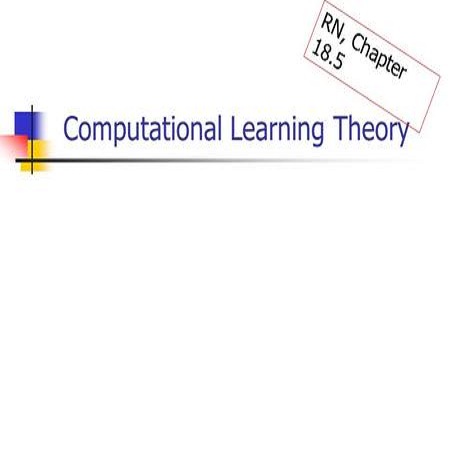
Neonatal respiratory distress is a common condition that if left untreated, can lead to short- and long-term complications. This paper investigates the usage of digital stethoscope recorded chest sounds taken within 1min post-delivery, to enable early detection and prediction of neonatal respiratory distress. Fifty-one term newborns were included in this study, 9 of whom developed respiratory distress. For each newborn, 1min anterior and posterior recordings were taken. These recordings were pre-processed to remove noisy segments and obtain high-quality heart and lung sounds. The random undersampling boosting (RUSBoost) classifier was then trained on a variety of features, such as power and vital sign features extracted from the heart and lung sounds. The RUSBoost algorithm produced specificity, sensitivity, and accuracy results of 85.0%, 66.7% and 81.8%, respectively.
翻译:新生儿呼吸困难是一种常见的情况,如果不治疗,可能导致短期和长期并发症。本文件调查了数字听诊器在分娩后1分钟内记录胸部声音的使用情况,以便能够及早发现和预测新生儿呼吸困难。本研究包括51个新生儿,其中9个发育了呼吸困难。每个新生儿都录了1分钟前科和后科记录。这些记录是预先处理的,目的是清除吵闹的片段并获得高质量的心脏和肺部声音。随机抽取不足的助推分类器(RUSBoost)随后接受了各种特征的培训,例如从心脏和肺部声音中提取的动力和关键标志特征。RUSBoost算法产生了85.0%、66.7%和81.8%的特性、敏感性和准确性结果。




